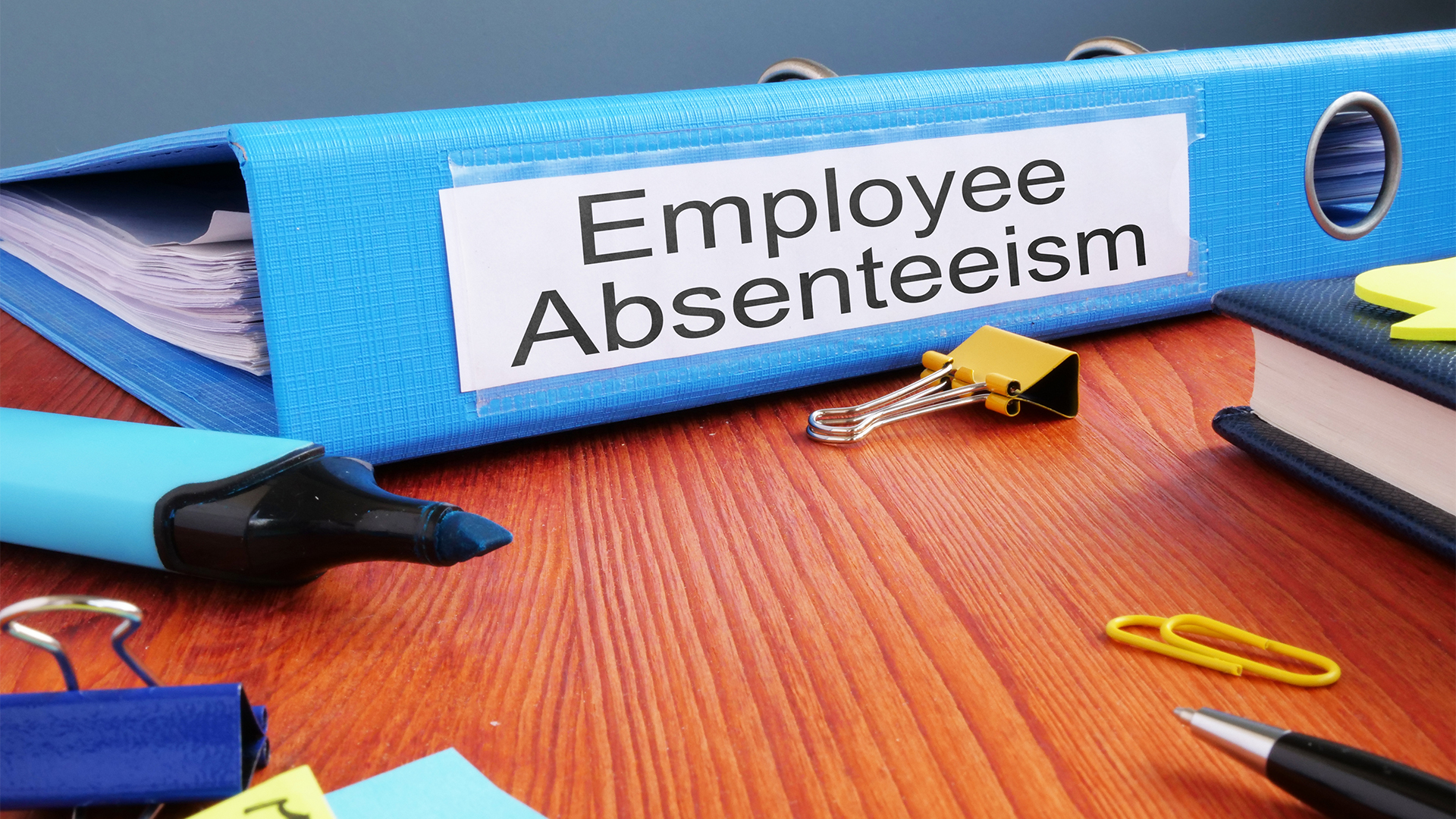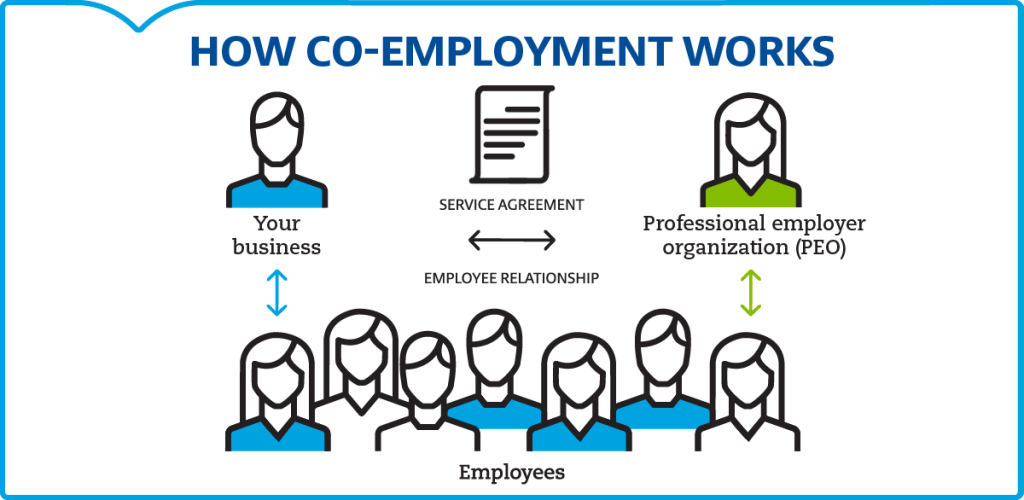
The UK Faces its Highest Levels of Employee Absenteeism Since 2004, Causing Concern for Businesses and the Economy, Employment lawyers, Winckworth Sherwood, explore some strategies employers can use to mitigate these risks and cultivate a healthier, more productive workforce.
Key Takeaways:
- Sickness absences in the UK reached an all-time high, leading to considerable productivity loss and impacting the economy.
- Employers increasingly experiment with flexible work models to combat absenteeism, including the four-day workweek.
- The UK might benefit from adopting work cultures like those in Scandinavian countries, which prioritize work-life balance and employee well-being.
The Unseen Crisis in Absenteeism
As businesses focus on recovering from economic setbacks, an alarming trend has manifested: skyrocketing rates of sickness absence among UK employees. A staggering 2.6% of total working hours were lost last year, equating to 185.6 million days off work. This troubling rise in absenteeism has hit an unprecedented level, the highest since 2004, costing the UK economy around £14 billion annually.
The Cost of Absenteeism
Absenteeism is not just a number on paper; it has real-world implications. Reduced productivity affects business performance, lowers employee morale, and strains the already thin resources of many companies. The UK’s increasing absenteeism is not an isolated issue but a symptom of greater systemic challenges that employers must confront.
Remote and Flexible Working: A Panacea?
One tactic companies are utilizing to curtail sickness-related absences is remote and flexible work models. The COVID-19 pandemic proved the viability of such setups, with employees maintaining productivity levels while enjoying better work-life balance. Notably, one in four UK workers continues to engage in hybrid working. Companies report improved performance metrics and heightened employee morale as key benefits of this work model. Legal frameworks now support this approach, as employees can request flexible working from day one of their employment.
Four-Day Workweek: A Risky Gamble?
While some businesses play it safe, others are pushing the envelope with four-day workweeks. This shift, without a corresponding reduction in pay, is proving to be more than just a trend. Of the 61 companies in the UK’s largest pilot program, 56 decided to extend this working pattern. The results indicate higher productivity levels, reduced stress, and improved mental well-being for employees. However, this doesn’t mean the model is without flaws. Employers must evaluate whether a four-day workweek aligns with their business objectives and culture.
Boosting Employee Welfare: A Pre-emptive Measure
Absenteeism is most prevalent in caring, service, elementary, and administrative positions, which often involve repetitive or sedentary tasks. Employers can take proactive steps to minimize sickness-related absences by promoting wellness programs that encourage physical activity and mental well-being. Such initiatives do more than pay lip service to employee welfare; they make a significant difference in fostering a healthier, more productive workforce.
Learning from the Best: Scandinavian Work Cultures
Should the UK look to other countries for inspiration? Scandinavian countries, frequently cited as among the happiest places to work, offer useful examples. The focus is on work-life balance, with shorter working weeks, longer holidays, and a focus on the quality of work rather than the quantity. This holistic approach reduces stress levels, cuts down on absenteeism, and improves productivity.
Conclusion: A Necessary Shift in Perspective
The issue of rising absenteeism in the UK is a matter of urgency that employers cannot afford to ignore. While flexible work models and experimental approaches like the four-day workweek are promising, they are only part of the equation. A comprehensive strategy that involves investing in employee well-being, mental health resources, and work-life balance is crucial. Only then can businesses hope to reverse the rising tide of absenteeism that threatens not just individual companies but the UK economy as a whole.

























